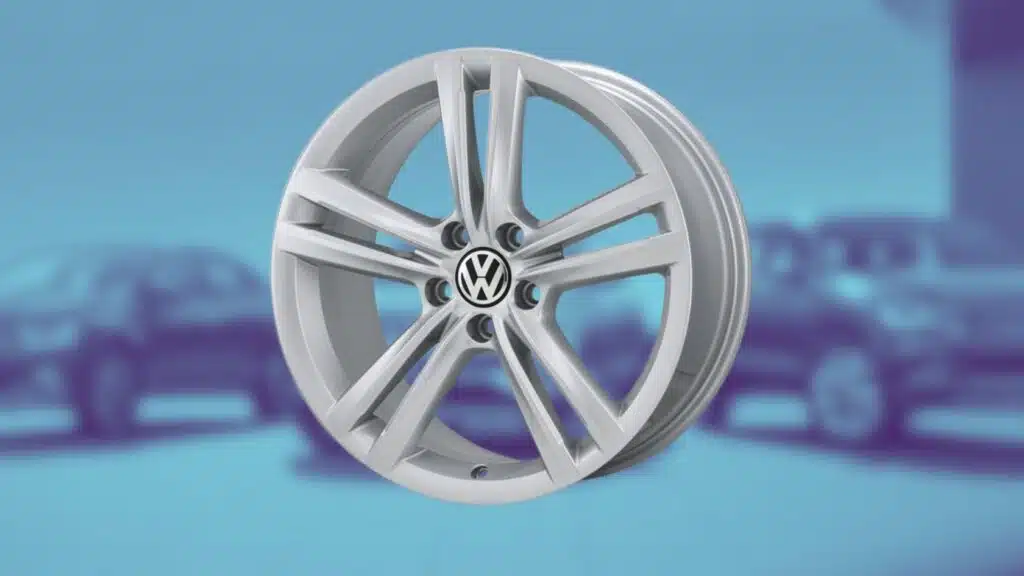Understanding bolt patterns is crucial for vehicle maintenance and customization, especially for Volkswagen owners.
A bolt pattern, or lug pattern, determines how your wheels attach to your vehicle’s hub, making it a fundamental aspect of wheel fitment and safety.
For Volkswagen enthusiasts and owners, knowing your vehicle’s specific bolt pattern is essential whether you’re replacing worn wheels, upgrading to aftermarket options, or maintaining your vehicle’s performance.
This knowledge helps prevent costly mistakes in wheel selection and ensures optimal vehicle handling.
With Volkswagen’s precision engineering and commitment to safety, using wheels with the correct bolt pattern isn’t just about looks – it’s about maintaining the integrity of your vehicle’s performance and ensuring your safety on the road.
What Is the Bolt Pattern for A Volkswagen?
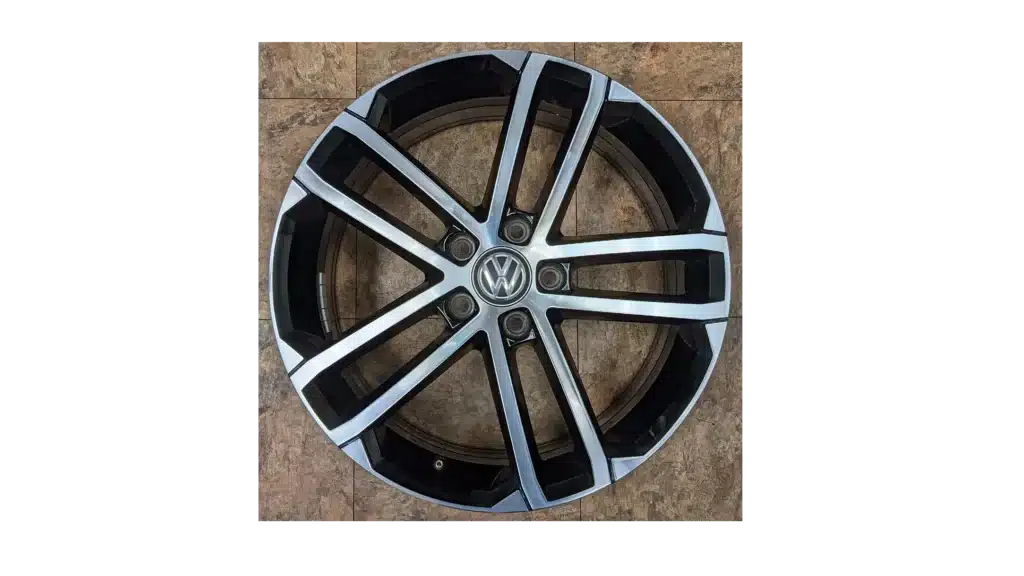
Modern Volkswagen vehicles, including the e-Golf, predominantly use a 5x112mm bolt pattern configuration. This measurement indicates that the wheel has 5-lug holes arranged in a circle with a 112mm diameter.
Standardizing this pattern across many Volkswagen models ensures compatibility and simplifies wheel selection.
The 2019 Volkswagen e-Golf specifications show that the bolt pattern works with other crucial measurements, such as the 57.1mm hub bore and M14x1.5 thread type, to ensure proper wheel fitment.
This bolt pattern configuration is essential for optimal wheel performance and safety, as it determines how the wheel connects to the vehicle’s hub.
The 5-lug design provides balanced weight distribution and structural integrity, while the 112mm spacing ensures adequate strength for various driving conditions.
Understanding Volkswagen Patterns
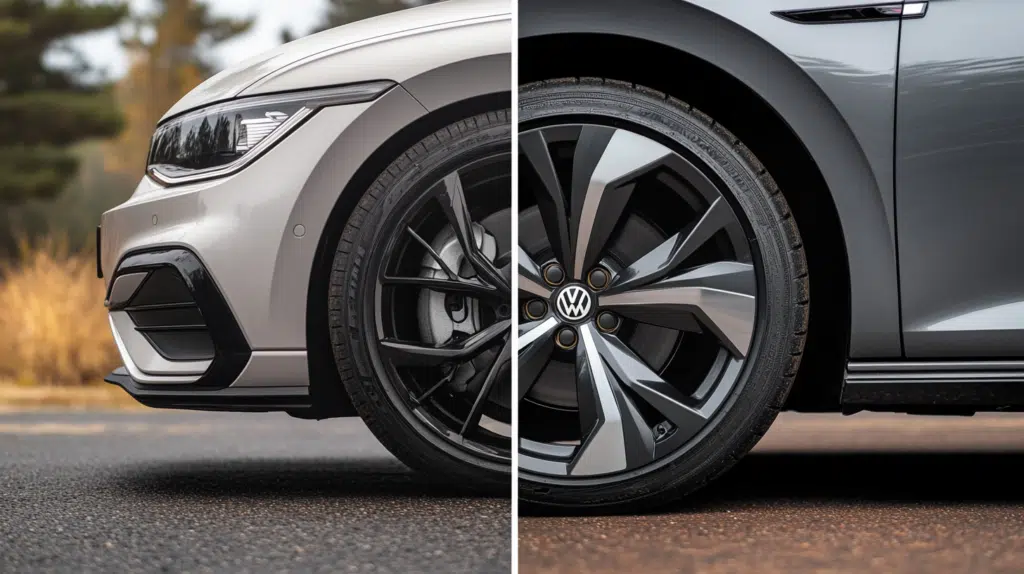
Like the e-Golf, Volkswagen vehicles typically feature a 5x112mm bolt pattern configuration, which has become a standard across many VW models.
This pattern indicates five lug holes arranged in a circle with 112mm diameter measurements between opposite lugs.
For optimal performance, most Volkswagen models utilize a hub-centric design with a specific hub bore size – for instance, the 2019 e-Golf requires a 57.1mm hub bore diameter.
When considering wheel compatibility, several critical factors come into play. Volkswagen’s bolt system typically uses M14x1.5 thread-type bolts with a 17mm hex head size.
The proper bolt length is crucial – most VW models require a minimum bolt length of 27mm, with 28mm being the standard specification.
Torque specifications are equally important, with many Volkswagens requiring approximately 89 ft-lbs of torque for secure wheel mounting.
For aftermarket wheel fitment, ensuring the correct bolt pattern (5x112mm) and proper hub bore size is essential to maintain vehicle safety and performance.
Bolt Patterns for Different Volkswagen Models
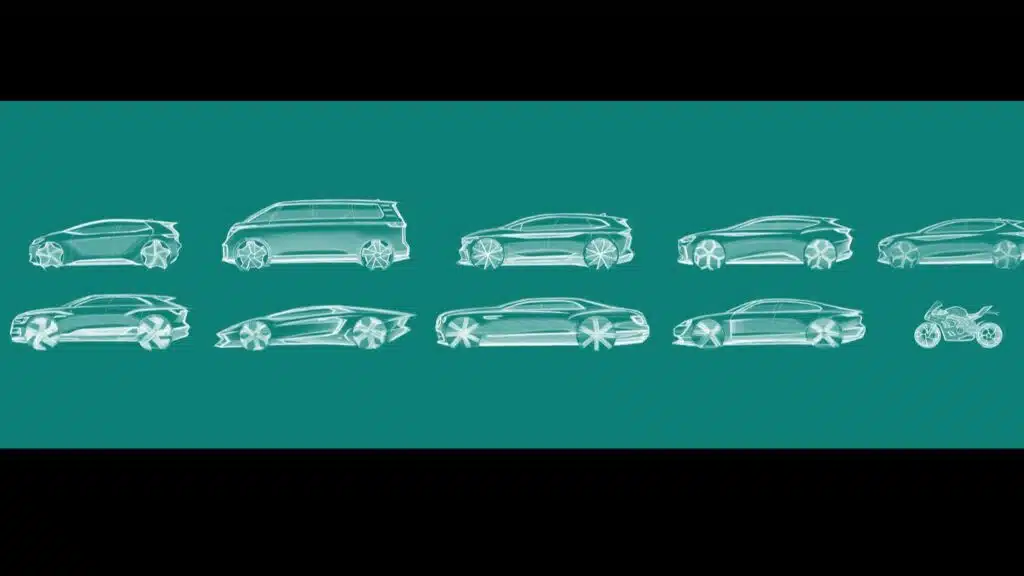
Volkswagen has maintained remarkable consistency in its wheel bolt patterns across its modern passenger vehicle lineup, making wheel interchangeability more straightforward for owners.
While the 5x112mm bolt pattern dominates their current lineup, specific considerations like hub bore size and wheel offset still require attention for proper fitment.
The primary Volkswagen models share these specifications:
1. Volkswagen Golf (including e-Golf and GTI variants)
- Bolt Pattern: 5x112mm (5 lugs, 112mm diameter)
- Hub Bore: 57.1mm
- Thread Type: M14x1.5
- Recommended Torque: 89 ft-lbs
2. Volkswagen Passat (2012-Present)
- Bolt Pattern: 5x112mm
- Hub Bore: 57.1mm
- Thread Type: M14x1.5
- Recommended Torque: 89 ft-lbs
3. Volkswagen Tiguan
- Bolt Pattern: 5x112mm
- Hub Bore: 57.1mm
- Thread Type: M14x1.5
- Recommended Torque: 89 ft-lbs
4. Volkswagen Jetta
- Bolt Pattern: 5x112mm
- Hub Bore: 57.1mm
- Thread Type: M14x1.5
- Recommended Torque: 89 ft-lbs
This standardization across models reflects Volkswagen’s commitment to consistent engineering practices, though owners should always verify specifications for their specific model year and trim level.
How to Find Your Volkswagen’s Bolt Pattern?
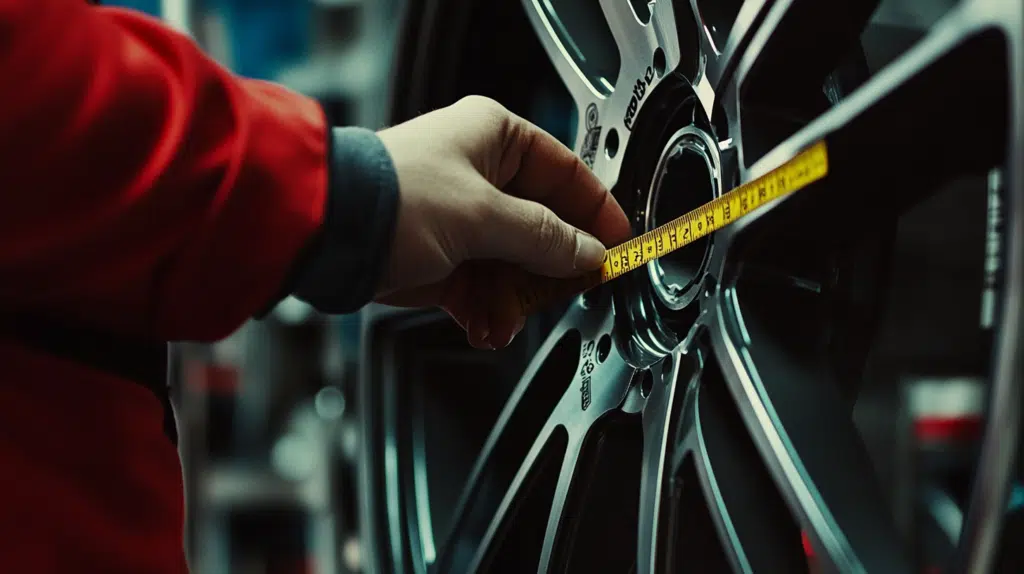
Identifying the correct bolt pattern for your Volkswagen involves several reliable methods.
Start by consulting your vehicle’s manual or using an online bolt pattern finder where you can input your specific model details, as shown with the 2019 Volkswagen e-Golf, which has a 5x112mm pattern.
For manual measurement, locate the wheel’s lug holes and measure from the center of one lug hole to the center of the hole directly across from it.
Using proper measuring tools, like a bolt pattern gauge, ensures accuracy. Always verify your measurements against manufacturer specifications; bolt patterns vary between Volkswagen models and years.
For added certainty, check the specifications printed on your current wheels or consult a certified tire professional.
Volkswagen vs. Other Brands’ Patterns
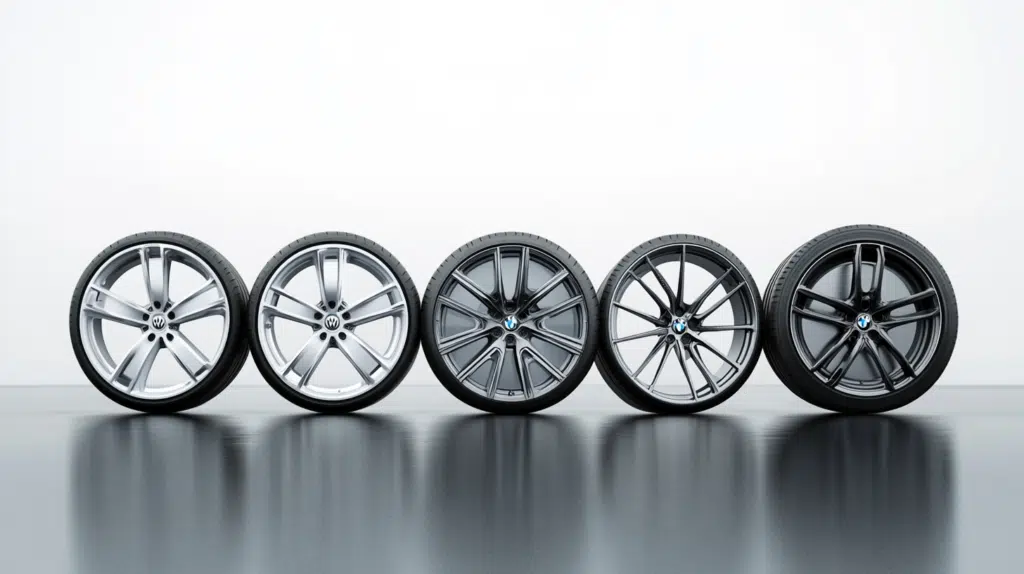
Volkswagen’s common 5x112mm bolt pattern aligns with several luxury European manufacturers, particularly Audi, making wheel interchangeability possible.
While most Volkswagen models maintain consistent bolt patterns, key differences lie in the hub bore size, which, at 57.1mm for models like the e-Golf, differs from BMW’s typical 5x120mm pattern.
Wheel prices for Volkswagens generally range lower than premium brands, with OEM wheels costing 20-30% less than comparable Audi or BMW options.
While adapters can make wheels from other brands fit Volkswagen vehicles, they typically add $50-150 to the overall cost and may affect handling characteristics.
Maintaining Volkswagen’s Bolt Patterns
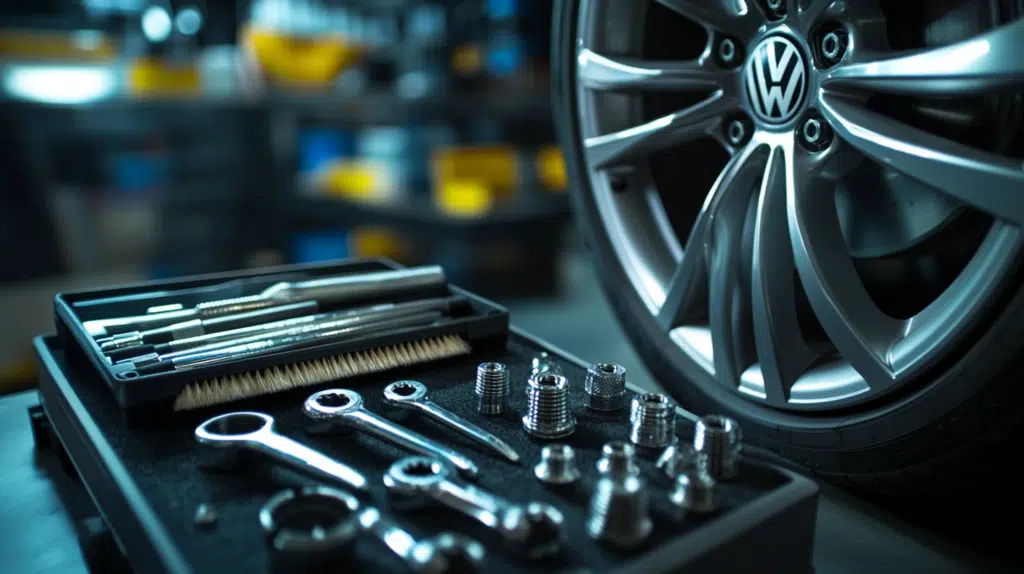
Proper maintenance of your Volkswagen’s bolt pattern and lug nuts is crucial for wheel safety and performance. Regular inspection and maintenance are essential for Volkswagen models like the e-Golf, which uses a 5x112mm pattern with M14x1.5 thread-type bolts.
Check your lug bolts during every tire rotation or removal, examining them for signs of wear, damage, or corrosion that could compromise wheel security.
When reinstalling wheels, ensure you follow the manufacturer’s specified torque settings – typically around 89 ft-lbs for many VW models, though always consult your vehicle’s manual for exact specifications.
Be careful not to over-tighten, as this can damage the threads or cause the bolts to stretch. Keeping the mounting surfaces clean and free from dirt or rust helps ensure proper wheel seating and prevents installation issues.
Conclusion
Understanding your Volkswagen’s bolt pattern isn’t just about wheel fitment – it’s fundamental to your vehicle’s safety and performance.
Whether you drive an e-Golf with its 5x112mm pattern or another VW model, knowing your specific bolt pattern, hub bore size, and proper torque specifications is essential when considering wheel upgrades or replacements.
Before making any wheel changes, always verify compatibility using reliable resources and consider consulting with automotive experts.
Remember that proper maintenance of your wheel mounting system, including regular inspection of lug bolts and consistent torque application, helps ensure your wheels remain securely attached and perform optimally.
By staying alert about bolt pattern maintenance and making informed decisions about wheel fitment, you’ll help maintain your Volkswagen’s safety, reliability, and driving experience for years.

